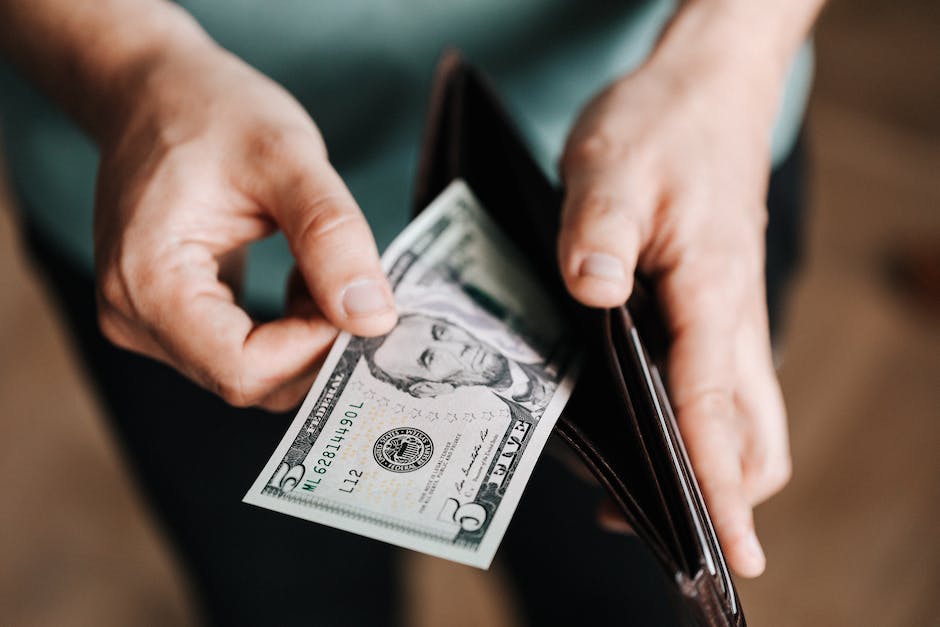Cannabis, the plant component of cannabis, is a widely used drug.
Cannabis has several effects, some of which are analgesic, anticonvulsant, and antiseizure. These effects make cannabis useful for various medical applications.
Because of its reputation as a drug of abuse, many influential people have tried to suppress public knowledge and use of cannabis. In fact, in 1976 the US Congress introduced laws that restricted the distribution and use of cannabis throughout most of America.
Although these laws were rarely enforced, they had an impact on public perception and acceptance of cannabis. By staying informed about and using cannabis in an legal way, people are fighting against this national prohibition.
The history of California cannabis reform

While many people associate California with the Golden State, it was not until the early 20th century that the state became known for its natural beauty, talented artists, and vibrant culture.
In 1906, California became the first state to legalize marijuana, and in the 1920s and ‘30s, it was one of the leading cultural centers for modern philosophy, psychology, and psychiatry.
Aspiring cannabis scholars used to visit Cannabis International Convention (CIC), located in San Francisco from 1936 to 1980. There they learned about new compounds found in plants and how to prepare them for treatment.
After 1980, CIC fell into disrepair until 2000 when a group of cannabis enthusiasts founded The 420 Project to raise awareness about marijuana’s historical impact on society. Today, there is an annual conference at which speakers educate visitors about both historical data on cannabis usage and contemporary applications.
Dennis Peron
Dennis Peron is the current president of California Cannabis Action Network (CCAN), a group that works to fight for statewide change in California.
He started fighting for federal legalization in the early 2000s, when it was still a distant possibility. In 2004, Barack Obama announced his plan to legalize cannabis, and in 2005, he did so.
Since then, not only have more presidents announced support for legalization, but Congress has passed laws allowing state-level cannabis legalizations. In 2016, it was finally realized: Federal law finally recognized cannabis as a legitimate drug and allowed states to determine their own policies on it.
Peron credits early campaigners with California’s cannabis activists with helping bring attention to the issue before it got national media attention. He also credits Congress with finally supporting state-level legalization after years of effort.
Dr. Lester Grinspoon
Dr. Lester Grinspoon is well known as the author of the Gateway Drug text series, but he is also an important member of California’s cannabis community.
Grinspoon was one of the first people to champion drug addiction treatment and recovery, founding The Methadone Program in Boston in the 1960s to help heroin addicts regain self-confidence and a sense of normality.
He went on to develop methadona, a medication that helps people recover from heroin, and has helped millions throughout his career. Today, his foundation works to prevent opioid abuse by providing education about methadone therapy and making it more available.
In 2011, Grinspoon established The Cannabis Foundation in hopes of continuing his work on national policyChangeWhatWeneedto do more to address addiction prevention. The foundation works to support research on drug addiction and safety measures such as funding for research.
Jack Herer

Jack Herer, a cannabis plant that is also known as marijuana, is considered to be another underused crop. As it is a common household item, people are familiar with it.
Cannabis has many uses from treating pain to helping with nausea and anxiety. It can be consumed as dried flower or liquid extract.
Because of its recreational use, there have been more cannabis cultivation laws passed. This has helped expand the number of places where cannabis is available for purchase.
There are several reasons why people don’t cultivate their own cannabis. One reason is that it can be expensive to collect and store enough plants to last the month or two of cultivation right! Another reason is that it is not legal in their country for them to grow their own.
Diane Feinstein

Diane Feinstein was the lead cabbie for the California Highway Department for over twenty years. During her time as a cab driver, she saw first-hand the effects of marijuana legalization and impaired driving.
In 1992, after California’s Measure Q passed, which legalized recreational cannabis, Governor Grayling created the California Cannabis Safety Commission to research and report on safety data.
The data showed that four out of five youth who use cannabis are affected with serious mental health issues and/or substance abuse problems, including depression. Others reported serious mood swings, difficulty concentrating, changes in appetite and sleeping patterns, inability to maintain attention and sobriety.
Despite these dangerous effects, most people do not know about them because it is still illegal.
The influence of the marijuana movement on the 2016 presidential election

The California cannabis movement had a profound influence on the 2016 presidential election, as well as the midterm and senatorial elections that followed.
Many of your candidates for office are active members of the movement, and many of them are now politicians. For example, Gavin Newsom was once a cannabis congressman before becoming mayor of San Francisco. And Barack Obama appointed former Los Angeles marijuana activists to high positions in government including attorney general and secretary of state.
While he did not run for president, John Kerry ran on a cannabis platform before taking on his current position as secretary of state. He was successful in getting Congress to pass laws protecting whistleblowers and restoring fellatio as an allowable form of drug treatment.
Cannabis is now legal in some form in 30 states
Despite the fact that it is now legal in some form in 30 states, there is still a lot of confusion about cannabis and marijuana politics.
Many people are unaware that there are two sides to the marijuana movement, and that both sides have a place in the national conversation.
The silent majority, who just want to enjoy cannabis as a drug, are often excluded from mainstream media coverage due to their lack of familiarity with politics.
At the same time, public-facing activists are always looking for new ways to get their message out and create awareness about cannabis. Creating content for social media, making speaking appearances, and starting your own advocacy organization can help you reach new audiences.
Look into joining a local group or creating your own network to expand your reach.
Mainstream opinion is shifting in favor of legalization

Support for marijuana legalization is growing every year, and more people are joining the mainstream every year. With every step forward, someone gets elected to office who supports marijuana legalization, and more and more states are allowing it.
This has created a climate where anyone can start a new movement against marijuana prohibition, which is exciting. By using social media and creative marketing, anyone can make a difference.
The latest development in the fight for legal cannabis is the emergence of national cannabis activists. These are not just regular people with normal everyday concerns who form groups, but professional activists who focus their efforts on national issues. These professionals use their expertise to generate support from other people and organizations.
This increased emphasis on national activism is another sign of changing public opinion on marijuana legalization.


